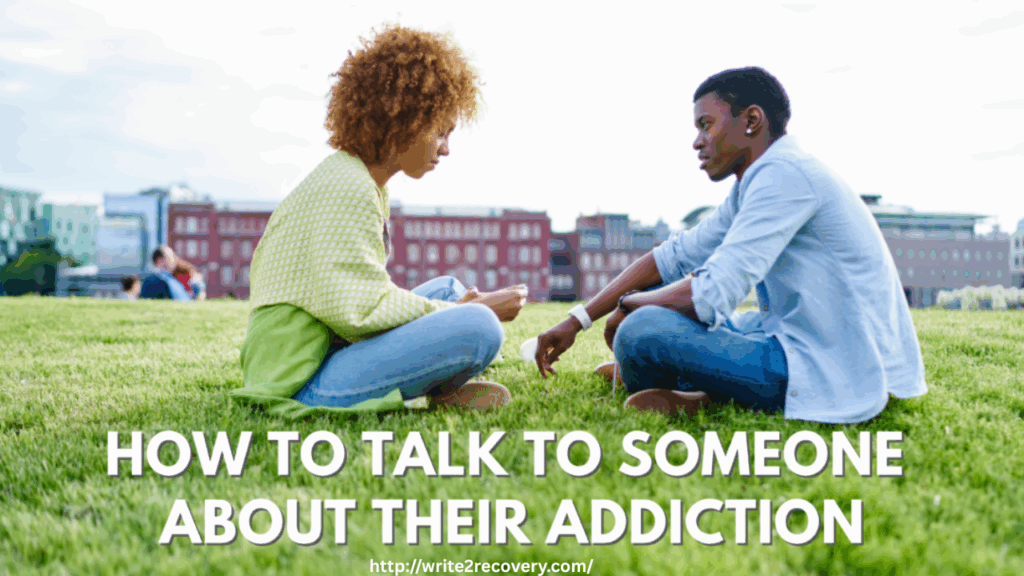
Addiction is often described as a disease of isolation. The deeper a person falls into substance use, the more likely they are to withdraw from family, friends, and community. Feelings of shame, guilt, and fear of judgment keep many people suffering in silence. But just as addiction thrives in isolation, recovery flourishes through connection—and that connection is most often built through open, honest conversations.
The Trap of Isolation in Addiction
Many individuals battling addiction feel misunderstood, rejected, or unworthy of support. These emotions can lead to a vicious cycle: the more someone hides their struggle, the more isolated they become, and the more difficult it is to seek help. Silence can become a protective barrier, but it also prevents healing. When someone can’t express their pain, fears, or needs, the weight of addiction becomes harder to bear alone.
Isolation also cuts people off from valuable resources, like emotional support, professional treatment, and peer recovery networks. Without these connections, the path to recovery can feel impossible. That’s why breaking the silence through conversation is such a critical first step.
The Transformative Power of Open Dialogue
Open conversations have the power to reverse the damage of isolation. Speaking out about addiction—whether with a loved one, a therapist, or a peer in recovery—can be incredibly freeing. It allows individuals to release the burden of secrecy and step into vulnerability, which is essential for healing.
When people feel heard and accepted, their shame begins to loosen its grip. They start to believe that recovery is possible. Conversations like “I’m struggling” or “I need help” may seem small, but they can open the door to life-changing support and understanding.
Building a Supportive Environment
For conversations to be effective, they must happen in safe, nonjudgmental spaces. Friends, family members, and professionals can all play a role by offering empathy, patience, and active listening. Simple affirmations like “I’m here for you” or “You don’t have to go through this alone” can be powerful messages of connection.
Support groups also provide a structured space where people in recovery can share their stories without fear of judgment. These open dialogues create solidarity and remind participants that they’re not alone in their experiences. Hearing someone else say, “I’ve been there too,” can be incredibly healing and validating.
Reconnecting Through Conversation
Recovery isn’t just about abstaining from substances—it’s about rebuilding relationships, self-worth, and a sense of belonging. Open conversations help individuals repair trust with loved ones, express their emotions, and work through the pain that addiction may have caused.
These honest discussions can also help families understand addiction better, replacing anger or confusion with compassion. This mutual understanding lays the foundation for stronger, healthier relationships moving forward.
Conclusion
Moving from isolation to connection is one of the most important transformations in addiction recovery—and open conversation is the bridge. By speaking truth, sharing experiences, and listening with empathy, individuals can rebuild their lives and relationships. The courage to talk, and the compassion to listen, are powerful forces in healing. Recovery doesn’t happen in silence; it begins with a conversation.